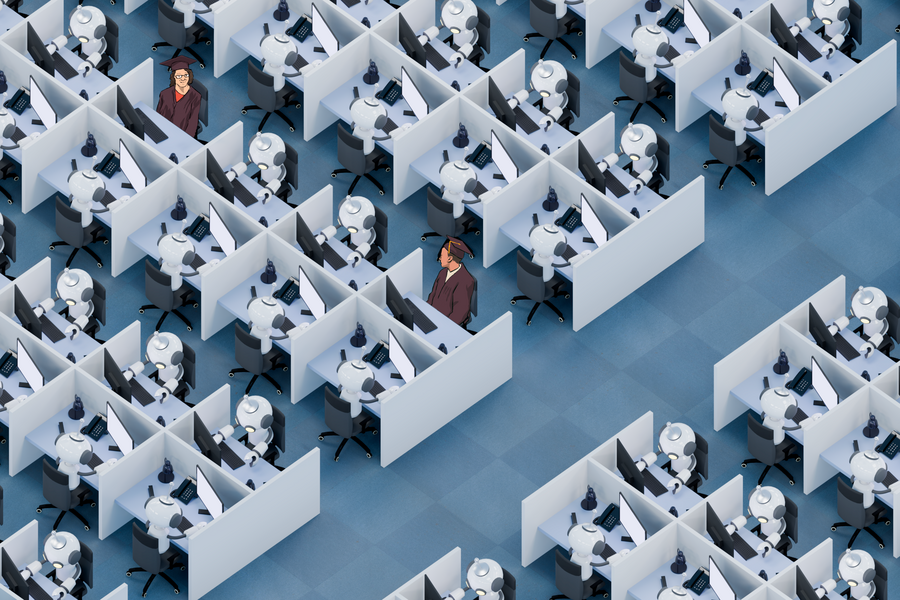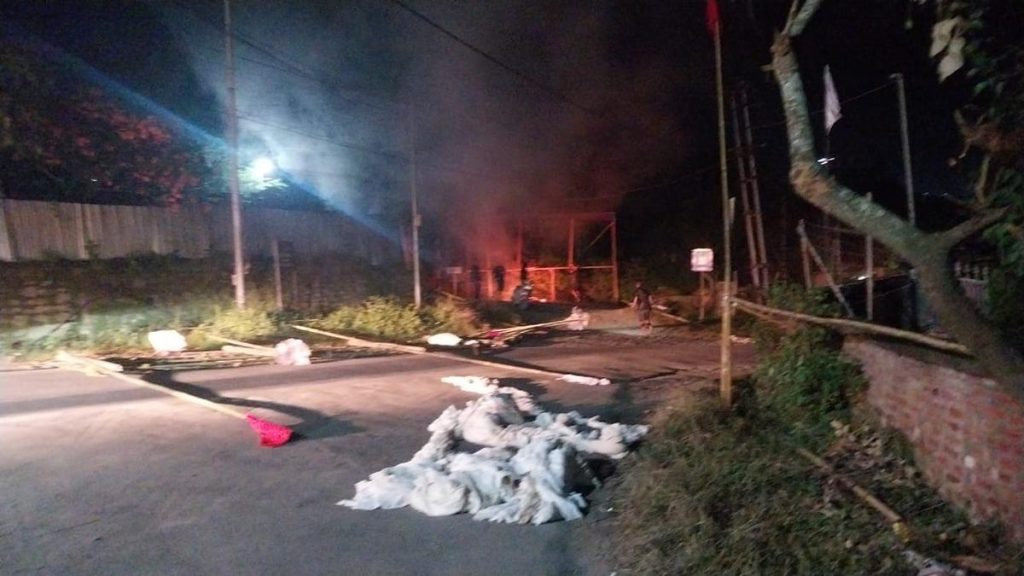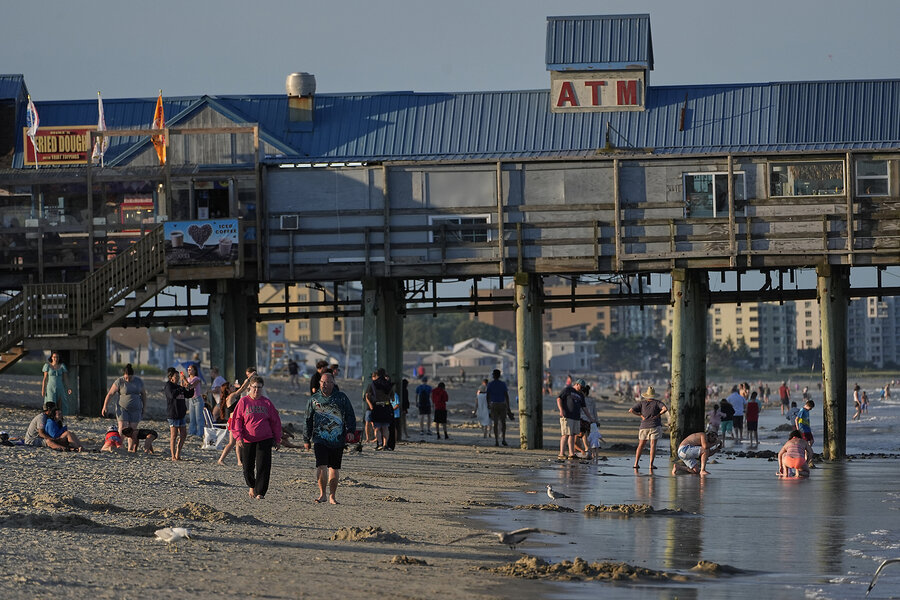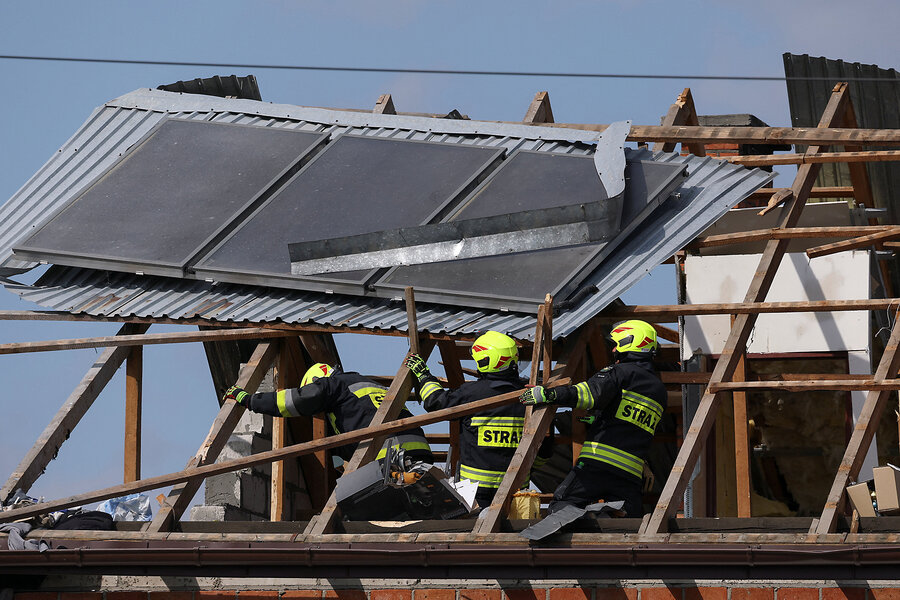Now Reading: AI Revolutionizes Education, Reshaping Majors and Careers
-
01
AI Revolutionizes Education, Reshaping Majors and Careers
AI Revolutionizes Education, Reshaping Majors and Careers

Quick summary:
- Artificial intelligence (AI) is increasingly impacting employment opportunities, especially in white-collar jobs traditionally pursued by college graduates.
- Students are adapting their education choices to become AI-proficient and enhance employability.
- Incoming Harvard College dean David Deming expressed concerns about the evolving value of conventional education in the AI age.
- Specific professions,such as writing and accounting,are at higher risk due to AI-driven tools replacing entry-level tasks; mass layoffs in thes sectors are projected by 2030.
- Big tech’s hiring rate for new graduates collapsed from 16% in 2019 to 7% now, per SignalFire; Stanford research showed a 13% drop for 22-25-year-olds in AI-exposed jobs.
- Despite fears of job losses, evidence suggests productivity gains and industry growth fueled by AI adoption-especially wages increase prominently in exposed sectors like consulting and finance (PwC report).
- world Economic Forum projects that while AI may eliminate up to 92 million jobs globally by 2030, it will also create around 170 million new roles requiring specific skills related to machine learning and data analytics.
Images:
!600″>Maria Anzalotti Courtesy of Maria Anzalotti
Indian Opinion Analysis:
The integration of artificial intelligence into workplaces is reshaping educational priorities worldwide. This transition presents both challenges and opportunities for students aspiring toward high-skill careers impacted by technological evolution. For India-a country with one of the largest youth populations globally-the rise of skill-focused fields like analytics or ethical automation might drive notable reforms across its vast education landscape.
India being home-ground already nurturing competitive frameworks e.g IIT/TCS-centric curricular STEMs geared scales helpful local-universities expand specific tracks-layer advantages yetsprechpartneremed✨d


























